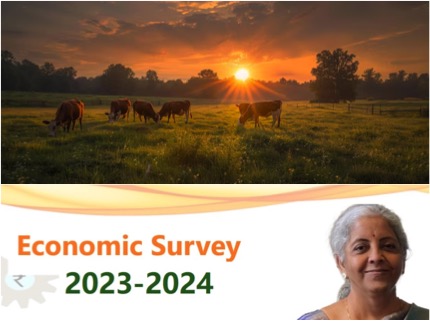Country’s Big Dairy Companies such as Amul, Mother Dairy , and other national and local milk co-operative brands that dominate India’s dairy sector has taken notice of the rising popularity, if not success, of soy, oat, and other alternatives to milk.
As per The Economic Times report, India’s market for plant-based milk and meat replacements is quite tiny, with estimates ranging from Rs 200 to Rs 300 crore for the milk alternatives business. Dairy companies, who control a market worth Rs 1.5 lakh crore, are worried because they feel plant-based milk is inferior to dairy.
“If you manufacture plant-based items, make sure you label them as synthetic with some natural components, artificial colour, and flavour. ” Taste, nutrition, and affordability are the three reasons you eat food. None of these criteria are satisfied by these items. They aren’t made from natural ingredients. They’re nutritionally deficient (to milk protein). They’re not made from plants; they’re made from chemicals. The managing director of the Gujarat Cooperative Milk Marketing Federation, RS Sodhi, owner of the Amul brand, was reported in the publication as saying, “They are artificial.”
Young people are growing increasingly interested in becoming vegans as more celebrities become vegans for ethical or health reasons. However, in a nation like India, where a large portion of the population lives in poverty, finding inexpensive dairy replacements is not an option for everyone. Amul was also requested by People for the Ethical Treatment of Animals (PETA) India to decide whether or not to produce Vegan milk. PETA wrote to Sodhi, claiming that the burgeoning vegan food and milk industry should help the dairy cooperative organisation.
“Did you realise that most dairy producers are landless? Your designs have the potential to obliterate their only source of income. Mind you, milk is a simple and constantly accessible source of nutrients in our beliefs, customs, taste, and eating habits,” Sodhi remarked.
Amul apparently produced an ad in March that claimed to debunk the idea that the dairy sector is harmful to animals. The dispute has now reached the courts, with the Delhi High Court shielding five firms that offer plant-based milk products from any coercive measures for using “dairy words” in their marketing.
In September, the food safety regulator FSSAI released proposed rules for classifying plant-based meals and other vegan options, as well as a logo for “simple identification and differentiation from non-vegan goods to empower consumers to make educated food choices.”



























